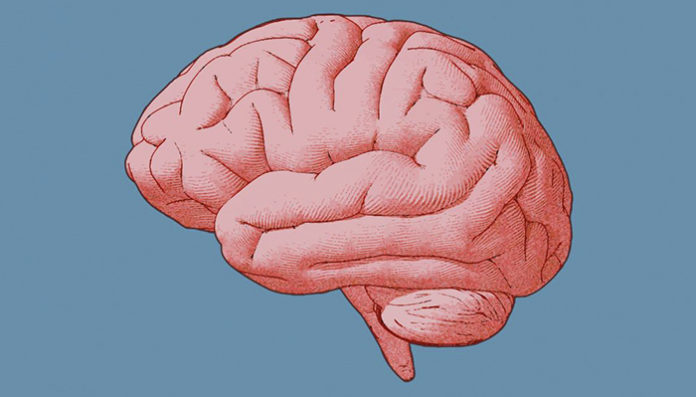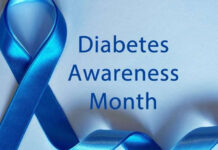
Throughout life, our brain changes more than any other part of our body. From the moment the brain begins to develop in the third week of birth to our old age.Until around 35 years of age, the frontal lobes of the brain matures and probably will not develop fully. That area is responsible for executive functions, such as planning, working memory, and impulse control.
Many of us frequently become nervous about memory slips due to the link between impaired memory and Alzheimer’s. Not to worry as Alzheimer’s and other dementias are not a part of the normal ageing process.
General changes that occur during brain ageing include:
- Brain mass: Around the age of 60 or 70 years, shrinkage in the frontal lobe and hippocampus, which are areas involved in higher cognitive function and encoding new memories.
- Cortical density: This refers to the thinning of the outer-ridged surface of the brain due to declining synaptic connections.
- White matter: White matter consists of myelinated nerve fibres that are packed into tracts and carry nerve signals among brain cells.
- Neurotransmitter systems: The brain generates fewer chemical messengers with age, and it is this decrease in dopamine, acetylcholine, serotonin, and norepinephrine activity that may play a role in declining cognition and memory and increasing depression.
Tips to help slow brain ageing
Several factors speed up brain ageing.
As obesity in midlife may accelerate brain ageing by around 10 years, and both sugar and diet varieties of soda are associated with poorer brain health.
Evidence suggests that people who experience the least declines in cognition and memory all share certain habits:
- engaging in regular physical activity
- pursuing intellectually stimulating activities
- staying socially active
- managing stress
- eating a healthful diet
- sleeping well
Recent research highlights a plethora of ways that people can actively take charge of their health and perhaps decrease the rate at which their brains age.
Source: medical news today








